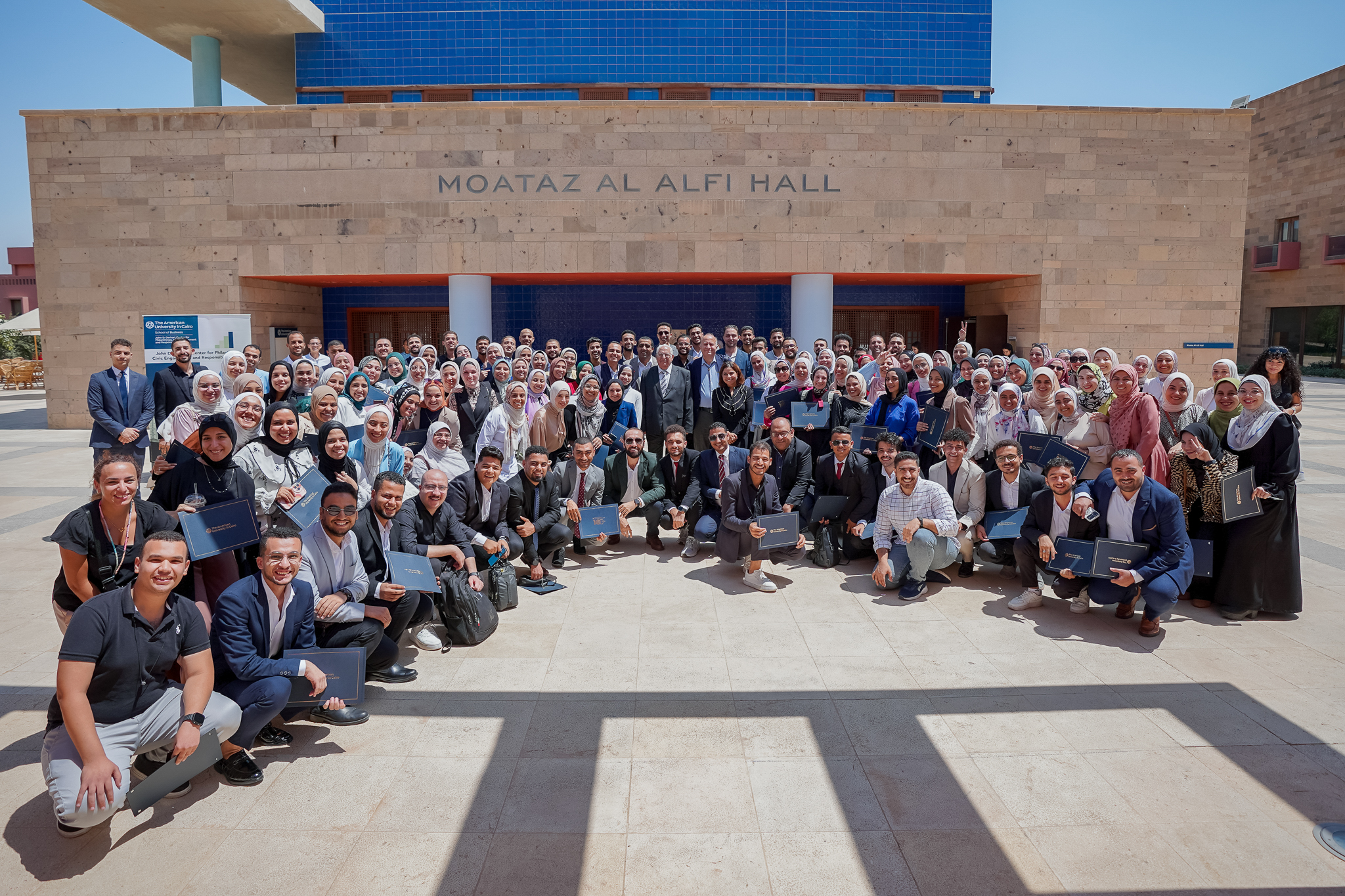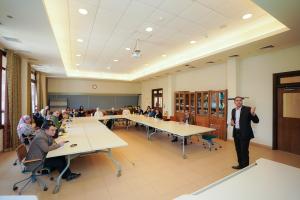
Capacity Building Program
Our program empowers organizations and individuals to achieve excellence in governance and professional operations. Our goal is to amplify social impact by enhancing leadership capabilities and providing tailored peer learning experiences and support services.
At the Gerhart Center, we are committed to empowering individuals and organizations through a range of programs designed to strengthen leadership, enhance professional skills and foster social impact. By empowering individuals and organizations with knowledge and resources, our program strives to create a more impactful, sustainable and socially responsible civic society sector.

